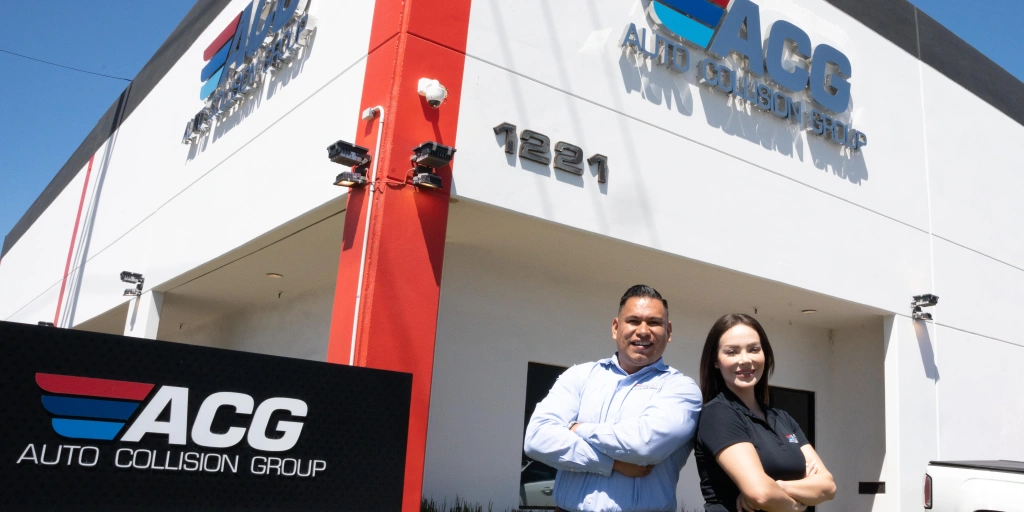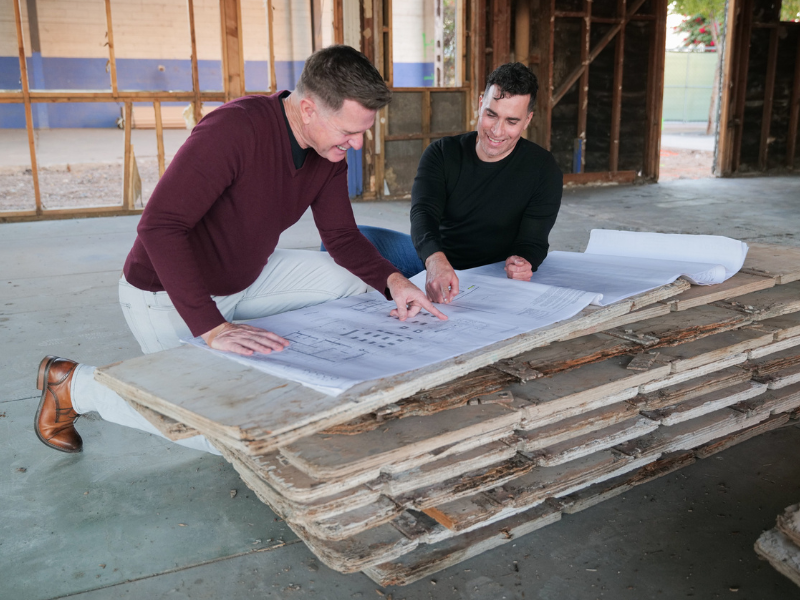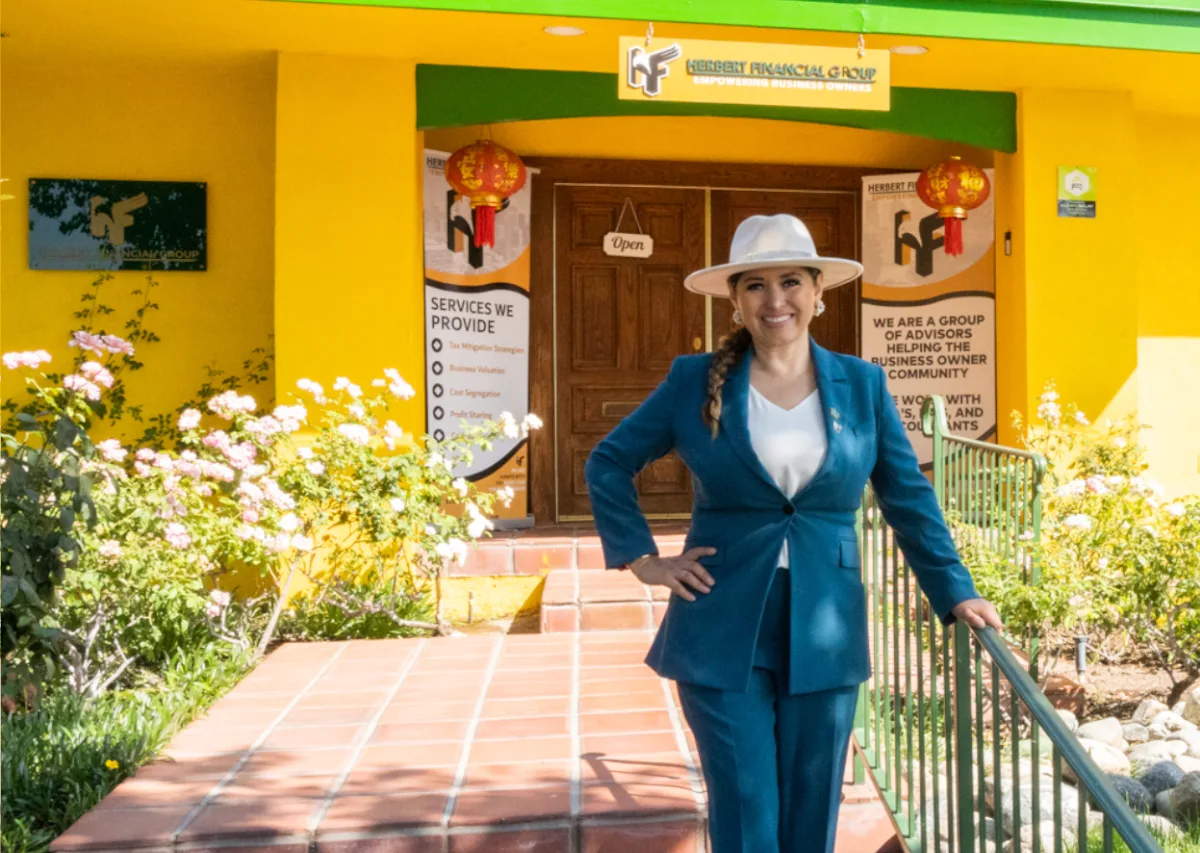504 vs. 7(a) Loan Comparison
When a small business loan involves real estate and equipment, both SBA 504 and 7(a) loans can be options.
SBA 504 Loan
If you’re looking to purchase commercial real estate or heavy machinery/equipment, the SBA 504 loan is often the best choice. With an SBA 504 loan, money can be used to buy a building, finance ground-up construction or building improvements, or purchase heavy machinery and equipment.
SBA 7(a) Loan
If purchasing a business or getting working capital is the goal, the SBA 7(a) loan may be a better option. An SBA 7(a) loan can be used for short-term or long-term working capital and to purchase an existing business, refinance current business debt, or purchase furniture, fixtures and supplies.
Compare SBA 504 Loan vs. SBA 7(a) Loans
Differences Between the SBA Loan Programs
| SBA 504 | SBA 7(a) | |
|---|---|---|
| Loan size | ||
| Loan size |
|
|
| Interest rate | ||
| Interest rate |
|
|
| Terms | ||
| Terms |
|
|
| Down payment | ||
| Down payment |
|
|
| UCC filing | ||
| UCC filing |
|
|
| Eligible business size | ||
| Eligible business size |
|
|
| Loan structure | ||
| Loan structure |
|
|
| Proceeds use | ||
| Proceeds use |
|
|
| Program requirements | ||
| Program requirements |
|
|
| Collateral | ||
| Collateral |
|
|
| Fees | ||
| Fees |
|
|
SBA 504 & 7(a) Loan Frequently Asked Questions
Learn about the key differences between SBA 504 and 7(a) loans and when they’re best used.
What are the differences between an SBA 504 and 7(a) loans?
An SBA 504 loan is commercial real estate financing for owner-occupied properties. These loans usually require only a 10 percent down payment by the small business owner and funding amounts range from $250,000 to $30 million.
On the other hand, SBA 7(a) loans can be used to buy a business or obtain working capital. The maximum loan for an SBA 7(a) loan amount is $5 million.
A 504 loan’s interest rate is fixed, and no outside collateral is required. In many cases, the fees on an SBA 504 loan may be lower compared to a 7(a) loan.
Currently, 504 loans are amortized over 20 years, and as of April 2018 they began accepting applications for 25-year term SBA 504 loans.
The interest rate on a 7(a) loan, however, can be adjustable and tied to the prime interest rate. Collateral is required, at 90 percent. These loans are amortized over 25 years.
Here’s some history and more specifics on each program:
- The SBA 504 loan program was designed for small businesses to finance commercial real estate or large equipment for use in business operations.
- The SBA 7(a) loan program was originally designed for higher-risk loans for things like the acquisition or starting of a business, working capital, or furniture and fixtures and leasehold improvements.
What’s a common situation where an SBA 504 loan is the better choice?
When there are multiple partners and one partner has more assets and equity in their home than the other, an SBA 504 loan may be the best option.
Again, an SBA 504 loan does not take a lien on any outside collateral or a home whereas a 7(a) loan does in certain cases. If a 7(a) loan is used in this scenario, it becomes unfair to the more asset-rich partner.
Fees on 7(a) loans tend to rise with the project size. For SBA loans greater than $1 million, the 504 option is often cheaper from a fee perspective. Fees are often subject to change by the SBA – contact a loan officer for the latest.
Why is the 504 vs. 7(a) question such a common one among prospective borrowers?
Most borrowers go to their bank first when looking to finance real estate, so they may only be offered a 7(a) option because it is often more profitable to the bank. Once they start to do some research, they’ll usually find out about the 504 program.
In what situation would a 7(a) loan be a better fit?
When a business purchase is being combined with a real estate purchase, a SBA 7(a) loan may be a better option. All of these can be rolled into one SBA 7(a) loan. SBA guidelines forbid using 504 loans to finance a business purchase.
Can you use a 7(a) loan to buy commercial real estate?
Yes, this is possible.
However, the 7(a) option could be more expensive as it relates to the SBA guarantee and SBA fees for loans greater than $1 million.
If the 7(a) loan is financed at 90 percent loan to value (LTV), there is usually a lien on the home, the business (UCC), or both.
SBA 504 loans do not require any liens on personal residences.
Can you clear up any top misconceptions about an SBA 504 program?
Borrowers tend to think 504 loans are more complicated and harder to qualify for compared to 7(a) loans. Also, they often view the 504 loan prepayment penalty as onerous.
Those are all misconceptions. First, the lending process for a 504 loan is similar to that of a bank loan. And it may actually take longer for a 7(a) applicant to be approved since outside collateral is potentially required by the program. That is not the case for 504 borrowers.
What is the most common question or concern you get from borrowers regarding an SBA 504 loan?
Borrowers are typically concerned that the process will be long and difficult because they will need approval from the bank, CDC, and the SBA.
If you provide a complete financial package in a timely manner, we will be able to meet any reasonable escrow timeframe.
Success Stories from SBA 504 Borrowers
Interested in a Commercial Real Estate loan?
Learn more about the SBA 504 Loan program or contact a loan expert to get started




